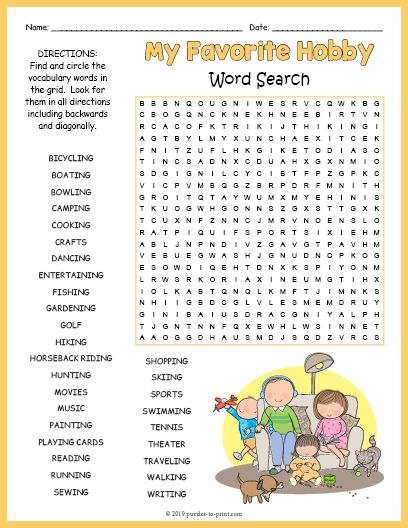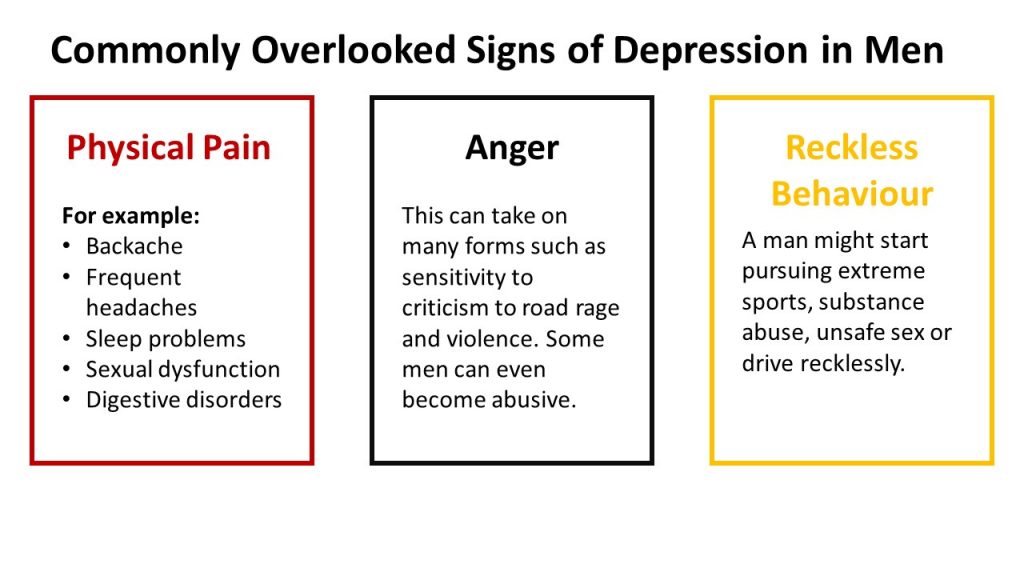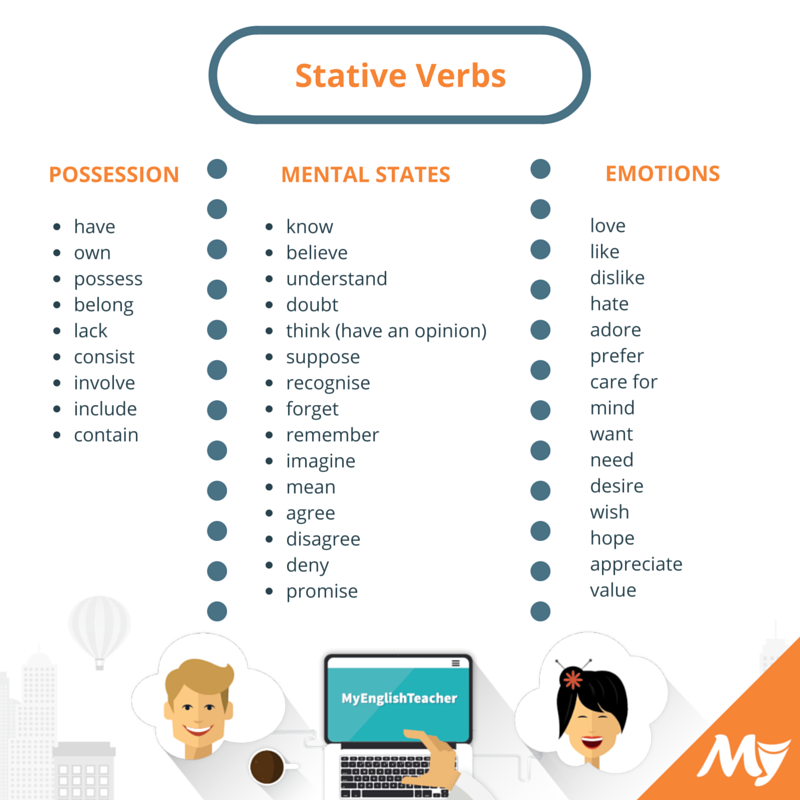Parenting the bipolar child
Managing Bipolar Disorder in Children and Teens
Written by WebMD Editorial Contributors
In this Article
- Bipolar Disorder in Young Children
- How Can I Help my Bipolar Child?
- Teenagers With Bipolar Disorder
Although bipolar disorder more commonly develops in older teenagers and young adults, it can appear in children as young as 6. In recent years, it's become a controversial diagnosis. Some experts believe it is rare and being overdiagnosed; others think the opposite. At this point, it's hard to be sure just how common it is.
Another diagnosis, called Disruptive Mood Dysregulation Disorder (DMDD) also has been established to describe children ages 6-18 who have severe and persistent irritability and temper outbursts that don't meet conventional definitions of bipolar disorder.
So it's important not to jump to conclusions. If your child is diagnosed with bipolar disorder, you might want to get a second opinion before embarking on a treatment plan. Make sure you're comfortable with your child's health care provider.
Bipolar Disorder in Young Children
Diagnosing bipolar disorder in young children is difficult, because many of the symptoms are similar to those of attention deficit hyperactivity disorder (ADHD) or conduct disorders -- or even just normal, childhood behavior. One problem is that medications used for ADHD are often stimulants, which can potentially trigger mania in children with bipolar disorder.
Young children in a manic phase might be more irritable than adults; they may be more likely to have psychotic symptoms, hearing and seeing things that aren't real. During a depressive episode, they might be more likely to complain of physical symptoms, like aches and pains.
One of the most notable differences is that bipolar disorder in children cycles much more quickly. While manic and depressive periods may be separated by weeks, months, or years in adults, they can happen within a single day in children.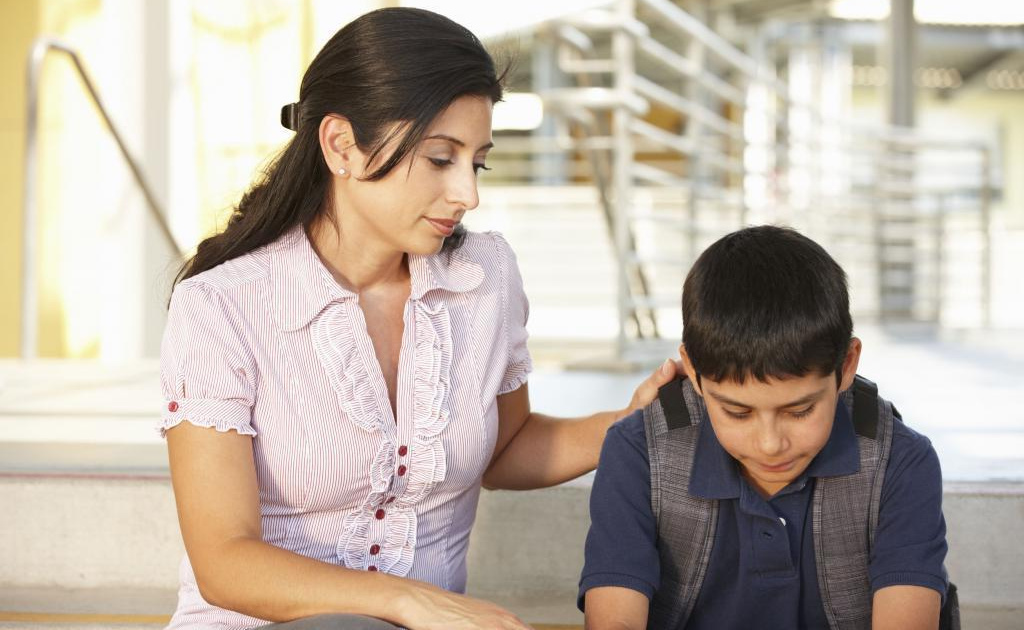
How Can I Help my Bipolar Child?
As the parent of a child with bipolar disorder, there's a lot you can do to keep your child well. Here are some suggestions.
- Follow the medication schedule. You absolutely must make sure that your child gets the medication they need for bipolar disorder. Use timers, pillboxes, notes, or whatever it takes for you to remember. If your child needs medication at school, talk to their teacher or school nurse -- schools may not allow students to take medication on their own.
- Monitor side effects. Most drugs used for bipolar disorder (including mood-stabilizers, antipsychotic medications, and even antidepressants) were originally tested in adults, and only a few have been well-studied in children and adolescents. Some children are more prone to side effects from some of these drugs, such as weight gain and changes in blood sugar and cholesterol caused by some atypical antipsychotics. Ask your child's health care provider what symptoms to watch for and you may need to routinely monitor bloodwork.
 The FDA has issued a warning that using some types of antidepressants or other medicines used to treat depression may increase the risk of suicide in children, adolescents and young adults up to 24 years old.
The FDA has issued a warning that using some types of antidepressants or other medicines used to treat depression may increase the risk of suicide in children, adolescents and young adults up to 24 years old. - Talk to your child's teachers. In some cases, a child with bipolar disorder may need special allowances at school. They may need extra breaks or less homework during difficult times. So work out an agreement with your child's teachers or the school principal. In some cases, you may need to take your child out of school for a while, at least until their bipolar symptoms stabilize.
- Keep a routine. Children with bipolar disorder can really benefit from a daily schedule. Help them get up, eat meals, exercise, and go to bed at roughly the same times each day. Do what you can to reduce stress in the household.
- Consider family therapy. Having a child with bipolar disorder can be disruptive to the whole family. It can put extra stress on your marriage.
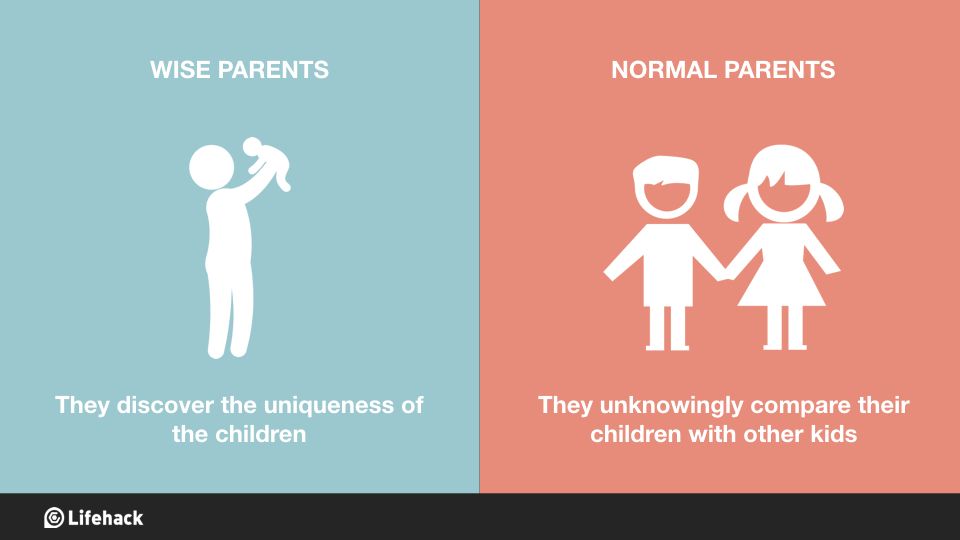 Your other children may not understand what's wrong with their sibling, or they may be resentful of all the attention they are getting. Going to family therapy can help you all recognize and deal with these issues.
Your other children may not understand what's wrong with their sibling, or they may be resentful of all the attention they are getting. Going to family therapy can help you all recognize and deal with these issues. - Take suicidal threats seriously. No parent wants to think about their children hurting themselves. But unfortunately, it can happen, even with young children. So if your child begins to express a desire to die, or engages in life-threatening behavior, don't ignore it. Remove any weapons or dangerous drugs from the house. And get help right away.
Teenagers With Bipolar Disorder
In older teenagers, the symptoms and treatment of bipolar disorder are much more similar to those seen in adults. But having a teenager with this condition presents a lot of distinct problems.
As they get older, teenagers might be resentful if they feel that you're imposing treatment on them. So let them into the conversation. Talk frankly -- along with your child's doctor or therapist -- about treatment options. Try not to develop an adversarial relationship with your child over their treatment or medication.
Try not to develop an adversarial relationship with your child over their treatment or medication.
As with adults, it's key that teenagers with bipolar disorder avoid alcohol and drugs, which can interact with medications or bring on or worsen mood episodes. The risks of developing a substance abuse problem are much higher in teens with bipolar disorder than in their peers. It's also important to maintain regular routines around sleep and wake times, and to develop effective coping strategies for managing stress and distress.
Bipolar Disorder Guide
- Overview
- Symptoms & Types
- Treatment & Prevention
- Living & Support
How to Parent Children with Bipolar Disorder
Parenting a child with bipolar disorder can be difficult. Here are some ways you can help your child with bipolar disorder.
Parenting a child with bipolar disorder is an experience as unpredictable as the mental illness itself. Does it seem like an ever-evolving situation? It may seem when you’ve learned what to do with repeated mood cycles, along comes a surprise. In an interview with a parent of a son with bipolar disorder, she told the following story and gave some thoughts on how to handle bipolar disorder in children.
Does it seem like an ever-evolving situation? It may seem when you’ve learned what to do with repeated mood cycles, along comes a surprise. In an interview with a parent of a son with bipolar disorder, she told the following story and gave some thoughts on how to handle bipolar disorder in children.
Life with a Child Experiencing a Mental Illness
He shook and roared with rage like a caged tiger. Trapped in the car as I drove to a nearby mental hospital, my teenage son threatened me. He spit. My son cursed. He seethed with anger for what “we were doing to him.” He tried opening the door as I drove at highway speed, but thank God, the safety lock was on.
My life as a parent was surreal. As we stood at check-in, where we had been several times before, I glanced at this handsome, now fourteen-year-old child-man, standing beside me. Could he be my son Jeremy—the once-charming little toddler with so much exuberance and laughter? Clutching to my faith in God, I felt thankful for all who were praying for us.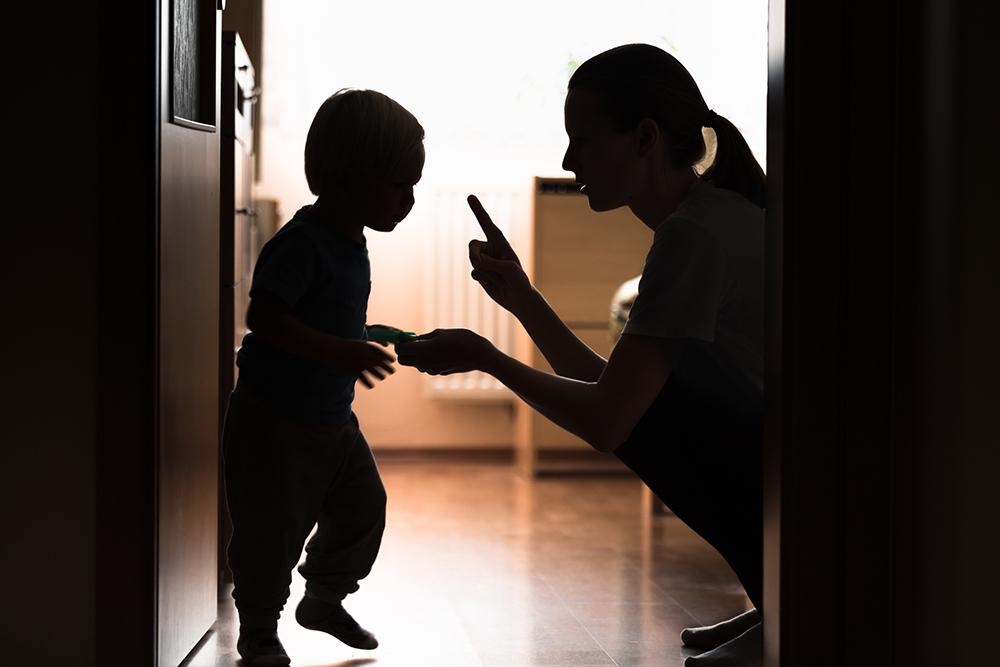 I was alone, yet I was not.
I was alone, yet I was not.
After our arrival, Jeremy had metamorphosed into a new being. What inner dynamic triggered this switch in persona, I pondered? At intake, they might have wondered why we had come—unless they read the doctor’s referral. I stared with curiosity at this now rational, well-mannered son. When he wasn’t scowling and shouting epithets at me, I recognized his winsome personality and clean-cut features. Did he not realize I was his most loyal advocate?
In mere moments, a good-natured son arose from the refuse of my dysfunctional manic teen. Even his quirky sense of humor was on display as he joked with the staff. Before the nurse took him back, he leaned down to hug me. With tears in my eyes, I waved goodbye to this kid who had caused me fear, grief, and a need to confess my own anger and frustration.
How to Know—Is This Normal?
Living with a child with bipolar disorder can be a challenge, but when they are young, it can be even more difficult to manage. You may wonder why your child overreacts to something that seems minor, or you can’t wrap your head around the heavy sadness your child bears. Why can’t they snap out of their depressive mood? You may hope the behavior is a stage to be outgrown. As a parent you might question your parenting techniques because it’s easy to blame yourself. You may think it must be due to a lack of consistency in setting boundaries and expectations. In other moments, you reassess, thinking, “I’ve got this. We all had a great time this evening.”
You may wonder why your child overreacts to something that seems minor, or you can’t wrap your head around the heavy sadness your child bears. Why can’t they snap out of their depressive mood? You may hope the behavior is a stage to be outgrown. As a parent you might question your parenting techniques because it’s easy to blame yourself. You may think it must be due to a lack of consistency in setting boundaries and expectations. In other moments, you reassess, thinking, “I’ve got this. We all had a great time this evening.”
Research on Bipolar Disorder
The National Institute of Mental Health (NIMH) explains that bipolar disorder is a mental illness that causes changes in mood and behavior, often extreme for a given age and stage.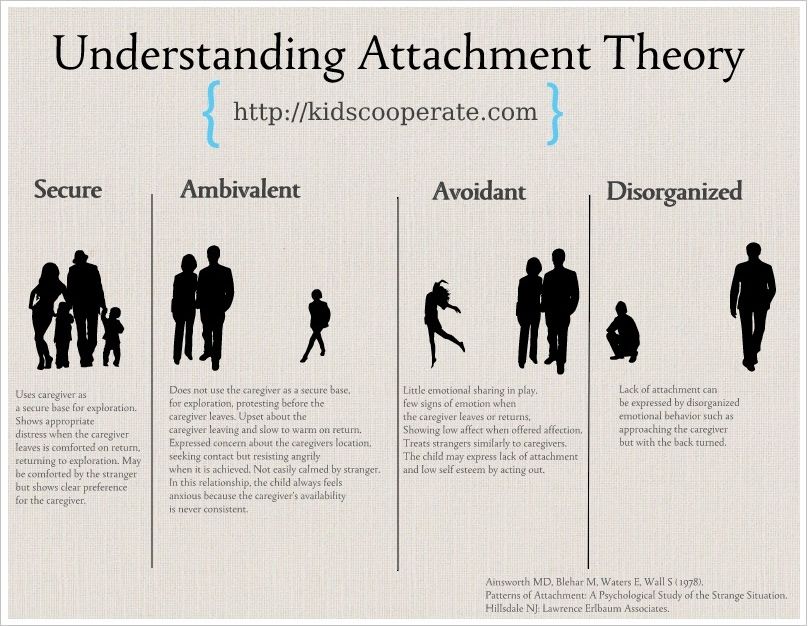 The NIMH reports the impacts of bipolar disorder on children and teens, differentiating between the normal highs and lows children may experience and the mood changes associated with bipolar disorder. Often young people with bipolar disorder experience struggles in school and in relationships. Though diagnoses often come in teen or adult years, the symptoms are also seen at much younger ages.
The NIMH reports the impacts of bipolar disorder on children and teens, differentiating between the normal highs and lows children may experience and the mood changes associated with bipolar disorder. Often young people with bipolar disorder experience struggles in school and in relationships. Though diagnoses often come in teen or adult years, the symptoms are also seen at much younger ages.
One confusing element in the bipolar disorder diagnosis is how often it is associated with other common disorders like attention-deficit/hyperactivity (ADHD). Children with conduct or anxiety issues can also be confused with those with bipolar disorder. If the home and school environments haven’t provided constructive boundaries, then those with conduct or oppositional behavior may seem to have bipolar disorder.
Though researchers continue to study the causes of bipolar disorder, diagnosis is possible by experienced mental health professionals. Since there aren’t any definitive blood tests or brain scans to prove a bipolar diagnosis, it’s important to share family background, and let healthcare providers rule out other causes for mood and behavior episodes. Successful treatment is possible to help your child manage his or her symptoms. The NIMH recommends a careful, consistent plan of therapy and medication, as determined by a professional, rather than a start and stop approach.
Successful treatment is possible to help your child manage his or her symptoms. The NIMH recommends a careful, consistent plan of therapy and medication, as determined by a professional, rather than a start and stop approach.
Bipolar Disorder in Children
When a fourteen-year-old family member experienced a major growth spurt, he told his parents that his mood-regulating medicine made him feel bad. He had taken ADHD and mood control medicine successfully for several years. His symptoms had been well-managed. Unfortunately, his immediate family moved to a new state about the same time as he surged in height. Finding new medical professionals took time, and then the trial-and-error of finding the right medicine in the best dosage took even longer. This treatment interruption caused dire consequences over the next number of months.
New school “friends” showed the teen how valuable his prescriptions were. He would pretend to take the pills at home and then would trade them at school where they were a valuable street asset.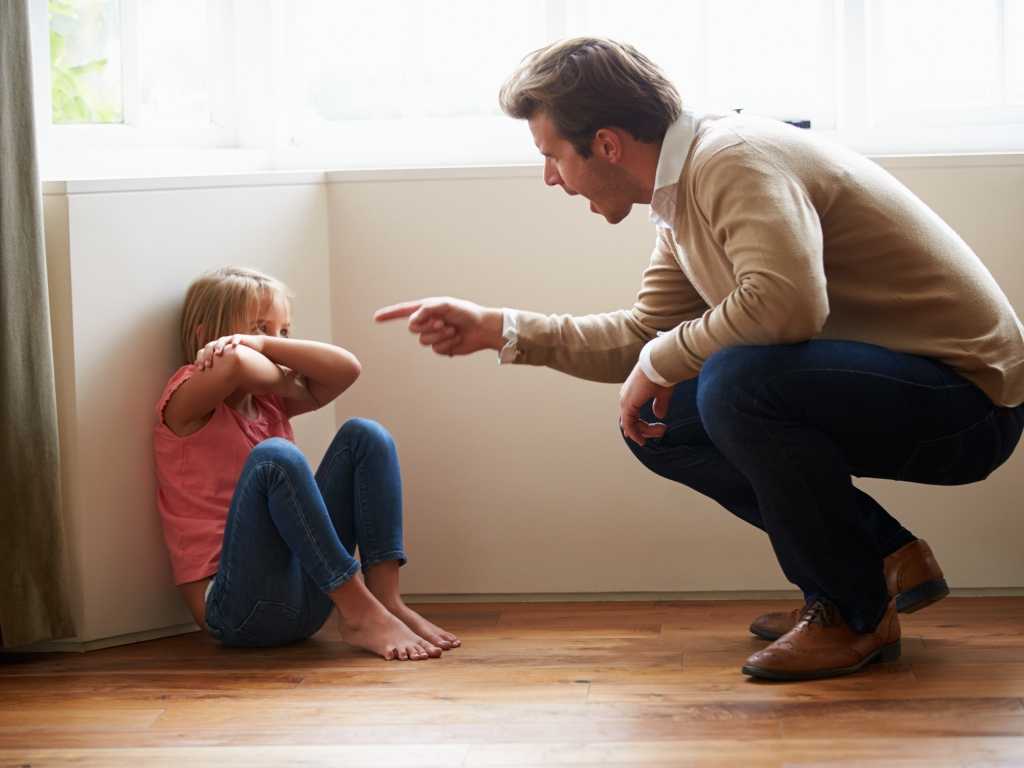 Students would gladly pay for them to experience their own emotional high.
Students would gladly pay for them to experience their own emotional high.
After that, risky behaviors kicked in. This teen discovered illegal drugs made him “feel better” than the medicine had. All treatment consistency had been broken, and the parents stood heartbroken watching their once well-behaved son unravel. As the NIMH research points out, young people with bipolar are at risk for misusing drugs and alcohol. Extreme and risky behaviors are common in young people in a manic episode.
When experiencing a depressive episode, a young person may contemplate suicide or running away. When these circumstances manifest, parents need help from all sides: a support network of medical professionals, school counselors, therapists, pastors, family, and friends. If the family has relationships within a church body, these people may be invaluable to offer supportive prayer, practical help, and empathetic ears as the family struggles to find solutions.
Counseling & Referrals
Focus on the Family offers a one-time complimentary consultation from a Christian perspective. We can also help you identify a counselor in your area whose perspective you can trust.
We can also help you identify a counselor in your area whose perspective you can trust.
Learn More
How Can I Help My Child with Bipolar Disorder?
Look for Professionals with ExperienceMedical healthcare providers should be able to diagnose and prescribe appropriate medicine to meet your individual child’s needs. Learn about finding help by going to the NIMH website or the Substance Abuse and Mental Health Services Administration’s (SAMHSA) online resources.
Journal any behavioral incidents that might give medical doctors more clues in diagnoses. Psychosocial therapists are helpful with maintaining routines, improving social interactions, and emotional regulation.
Connect with your potential support network in advance and learn their availability if you experience a manic crisis. Plan who to call in emergencies when there is a behavioral escalation like running away, drug use, skipping school, and threatening behavior toward other children or you.
In the scenario where the family had moved, their lack of support precipitated an additional layer of stress for both the child with bipolar disorder and his parents. The new school system didn’t properly intervene because they didn’t have a personal history with the family. They suggested the problems were between the parents and the teenager. With advice like “eat together” to provide a cohesive family structure, the parents wanted to pull out their hair. They had faithfully provided structure for their three children with family meals and family time with games and or sports every day. Pat answers were not helping them with the escalated behavioral episodes.
Follow the Treatment PlanDon’t assume that it’s okay to stop medication and therapy because you don’t see irregular mood episodes. Reliable and consistent treatment works best and might prevent or lessen mood episodes. If a prescribed medication isn’t working well, contact the provider for an adjustment.
Keeping a mood chart can help you see patterns of behavior, including sleep. This will
help the health care provider determine the effectiveness of treatment.
Provide structure in your family life to build a consistent, emotionally safe environment. Have family prayer time, emphasizing how God cares about each one in your family. Have fun together and help your child find things he or she enjoys. This may provide an emotional and spiritual foundation during difficult times.
Encourage talk and be a good listener for insights into your child’s perspectives. Patience can be an antidote to escalation.Remember that treatment of bipolar is a marathon, not a sprint. Don’t give up.
What About Me/Us?Mood episodes can exhaust parents and children. You may feel overwhelmed and desperate to end the cycle of challenges. Reach out for support through your church, your medical provider, and online groups that share common experiences. Listen to what has helped others in parenting children with bipolar disorder.
Listen to what has helped others in parenting children with bipolar disorder.
If you need respite care to provide personal relief, check with your health care provider and discuss your need. Perhaps a family member or friend could allow you time to renew your mental, emotional, and spiritual life.
Final Thoughts on Bipolar Disorder in Children
In an interview with a parent who has been on the bipolar journey for many years, she expressed the following suggestions:
Trust your instincts and pay attention to what is happening with your child. Always advocate for your child. Sometimes the professionals might miss something, or not be right for your child. Never give up hope. Trust in the God of your faith to reveal your next step, to go before
you, and to give you strength.
What to do (and what not to do) if a child has bipolar disorder
It is often difficult for parents to understand their child, especially when communication is reduced to formal questions like “how are things at school”. But if a child is diagnosed with a mental disorder, it is even more difficult to understand and help. Blogger Inna Gentle translated the podcast hosted by Dr. Esther Perel. It tells you what to do (and what not to do) if your child has bipolar disorder.
But if a child is diagnosed with a mental disorder, it is even more difficult to understand and help. Blogger Inna Gentle translated the podcast hosted by Dr. Esther Perel. It tells you what to do (and what not to do) if your child has bipolar disorder.
Stop pushing
Crying parents came to the session — daughter was diagnosed with bipolar disorder. She sits in her room 22 hours a day, her parents do not understand what to do. The girl is undergoing treatment, but this is not family therapy. During the session, it turns out that the adopted daughter (initially knew about the adoption), was bullied at school. Last year there was a suicide attempt in which the daughter blamed her mother. A typical story: a smart girl was a straight A student, and then everything collapsed.
At the reception, my mother is constantly crying. Like, "how I want my daughter to have a passion for something, she's so talented, she cooks like that, and she sings like that." Dad is mostly silent.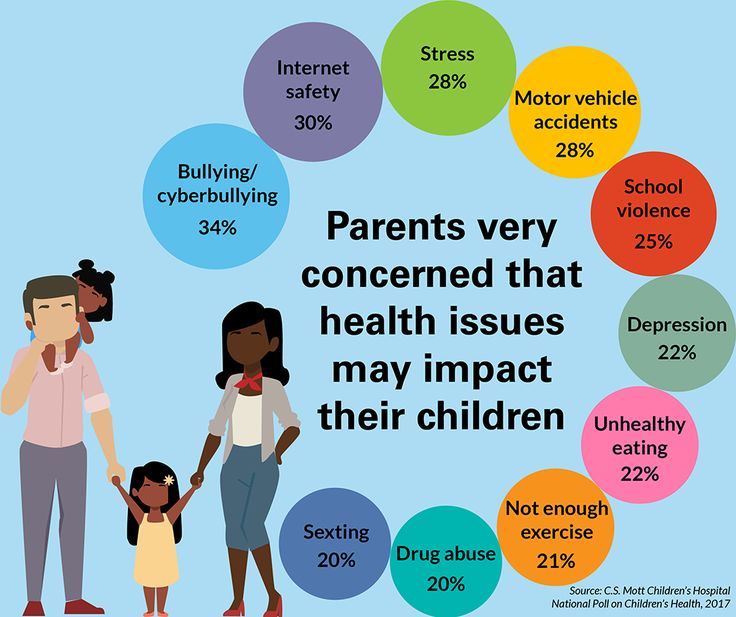
Parents are asked: "Have you discussed the problem with any of your friends?" Of course, the answer is no.
Therapist's note : "You understand that you have two parallel processes of isolation in your house: your daughter is isolating from you, going to Internet friends, and you are isolating from society."
Offer : look for a mutual support group among parents, share it with your friends already. Don't spoil an already complicated dynamic.
Parents put pressure on "find a job, you need hobbies." The daughter cuts her veins in response.
Therapist's note : A depressed person loses control of everything. Everyone around him is bombarding him with phrases like “have you tried [insert generic method 1]? What about [insert generic method 2]?”. The only way to get control of your life again is to say no, go to hell, I don't need your support. No, I'm not getting better. This is not a conscious rational resistance, but simply a natural reaction to pressure.
Offer : stop pushing. It won't help the cause at all.
Dad is stuck in a triangle between wife and daughter. He doesn't understand what to do. As a result, he simply remains silent, taking a detached position
Proposal : you need to clearly distinguish between situations when the daughter wants to talk to him, and when to pass some information on to her mother. The daughter's desire to distance herself from her mother (whom she recently stopped calling "mother"), of course, hurts his beloved woman. But sometimes you need to be closer to the child himself.
What does the daughter herself want? Why do parents come to therapy with the question "how to help her" without bringing her?
Suggestion : family therapy are sessions aimed at restoring the resources of the parents themselves, who clearly need support.
Mom is very worried that she can no longer pretend that everything is in order.
Therapist's note: actually, you're really not all right.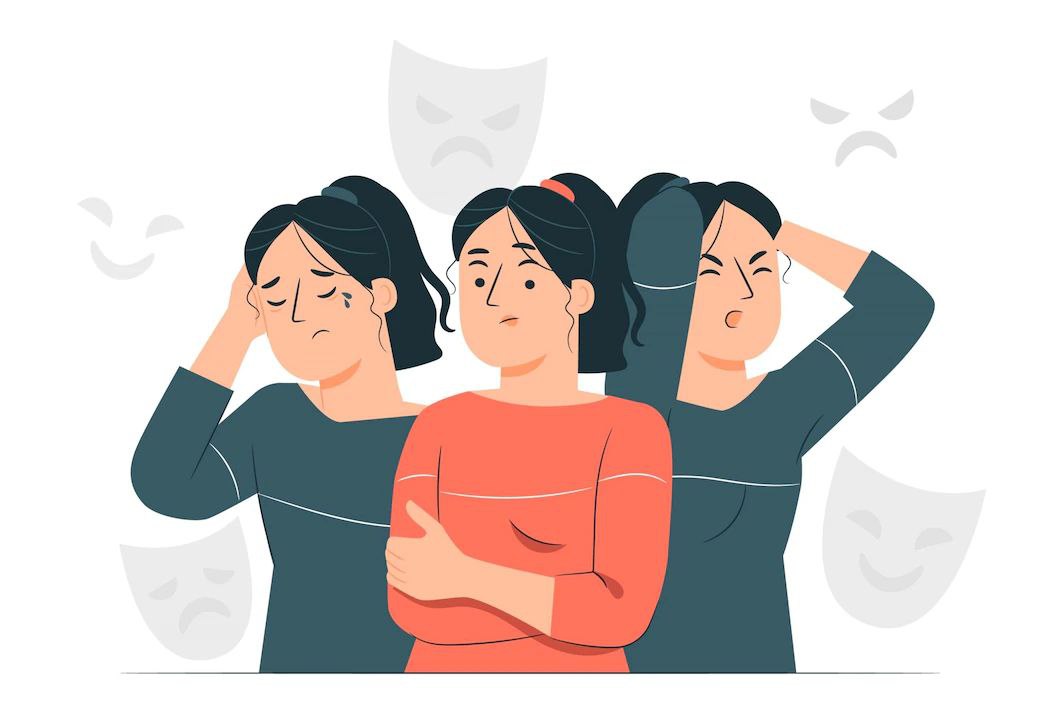 In addition, the daughter is really weighed down by the feeling that she has been lying all this time, "pretending" to be normal. As a result, parents' attempts to pretend that everything is under control create another parallel process: both parties feel the growing falsity in the relationship.
In addition, the daughter is really weighed down by the feeling that she has been lying all this time, "pretending" to be normal. As a result, parents' attempts to pretend that everything is under control create another parallel process: both parties feel the growing falsity in the relationship.
The child decides how to get well
Parents are glad that they turned to a specialist. Further efforts will be directed towards building healthy relationships in the family, since helping her daughter cope with the symptoms of bipolar disorder is the task of her personal therapy.
The therapist's general conclusions are:
- Hearing from a mother "I want my daughter to love something with all her heart" when it comes to a girl with a severe form of bipolar disorder is strange. First of all, we are talking about the treatment of the disease. A person in a state of depression does not fit at all with these standard advice in the style of "follow your dream.
 " But if you explain to a person, he will understand. Mom seems to have heard. Another issue is that sometimes understanding parents is not such an important thing when compared with the amount of resources expended. You don't have to explain.
" But if you explain to a person, he will understand. Mom seems to have heard. Another issue is that sometimes understanding parents is not such an important thing when compared with the amount of resources expended. You don't have to explain. - A person in a depression / depressive phase most often and without other people's advice understands that this is not life, but hell, and something needs to be done. Any pressure creates resistance.
- The question of the general recovery of the child — this is very important, but it is decided in personal therapy by the child himself. In the context of working with parents, the most important thing is to restore the overall dynamics of relationships.
Parental Rescue Strategies
I think the idea of creating parent support groups is a very sound one. We are very smart here with our English and access to resources, and our parents are poorly oriented due to lack of information. And yet, here are some other interesting sources on this topic.
1. "15 tips for parents of a child with bipolar disorder on how to deal with their child's outbursts."
2. Here are some more practical tips for parents of children with bipolar disorder.
3. And here is the personal experience of the mother of an adult son, who was first treated for addiction, and only then the correct diagnosis was made.
4. Rescue strategies for parents of a bipolar child.
In a nutshell, these are the rescue strategies.
- Keep the general structure of the day, as children with BAD are extremely susceptible to changes in the schedule.
- Keep a mood diary.
- Plan everything in advance: surprises can serve as a trigger for an aggravation of the condition.
- Reduce the number of family conflicts: set clear boundaries in the conflict, be as friendly as possible, do not swear in front of the child.
- Remember the strengths of the child, praise and redirect his energy.

- Be aware of what is happening outside the walls of the house, talk with the child.
- Make the transition from one activity to another as painless as possible.
- Monitor teenager for alcohol and drug use.
- Make a "contingency plan" in case of increased aggression on the part of the child or the appearance of suicidal thoughts. If possible, remove all sharp objects from the visibility zone, be in touch with the doctor.
- Be aware of the unrealistic standard expectations. Of course, I really want to compare the child with peers, but if you think that the child should do this, this does not mean that he can.
- Take care of yourself, take care of your mental health.
Source: Where Should We Begin podcast. Series: S2Ep1 You need help to help her. The author is the therapist Esther Perel.
Photo: Shutterstock (Kamira)
Not Found (#404)
hide menu
Issues of the current year
-
1
-
1-2 (138)
1
Issue 1 content, 2023
-
Anxiety at the hour of war: encouragement of summer people for crisis conditions
-
Possibility of correction of dysfunction of the brain of degenerative and vascular character
-
Geriatric syndromes in clinical practice
L.








